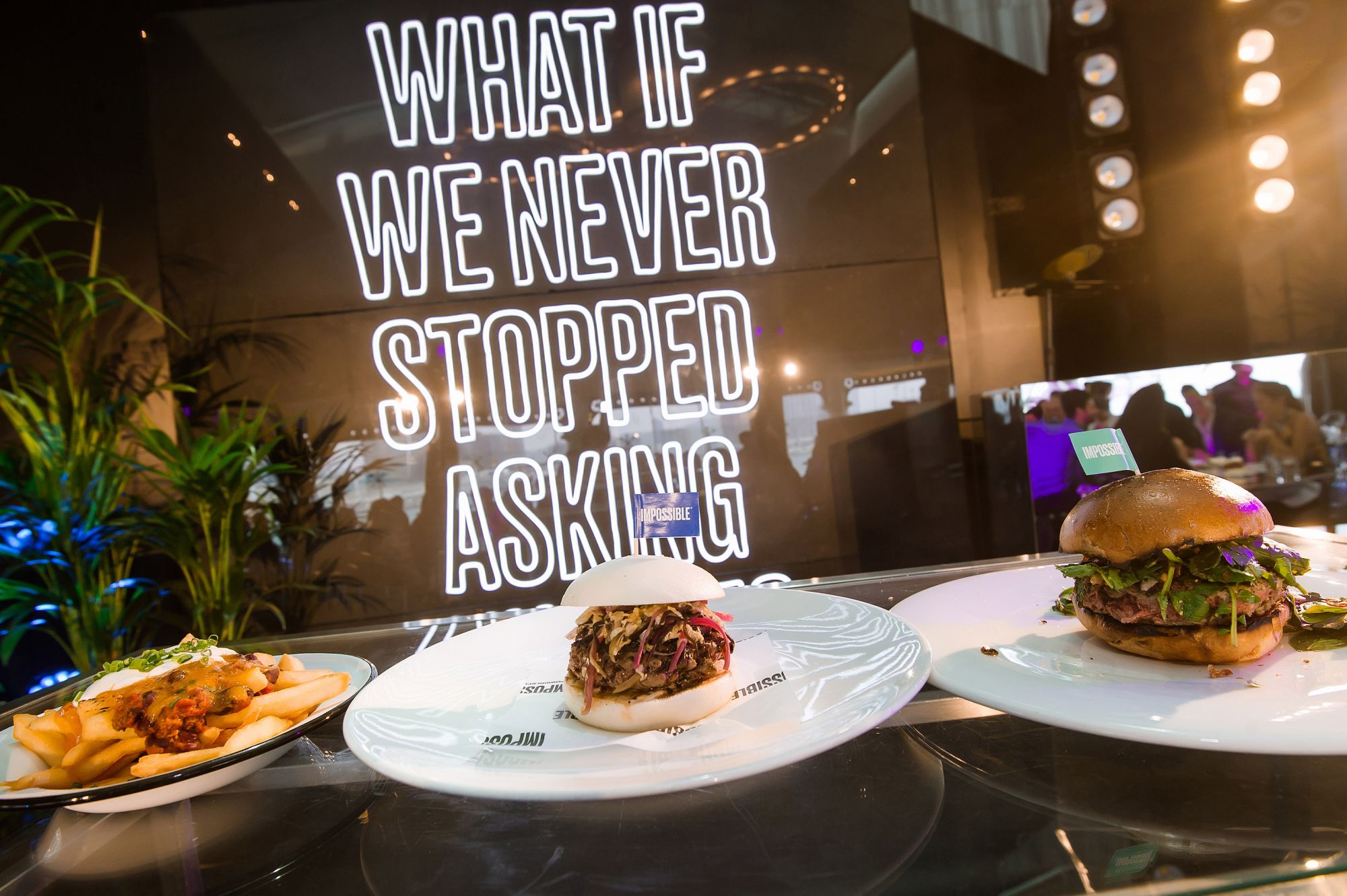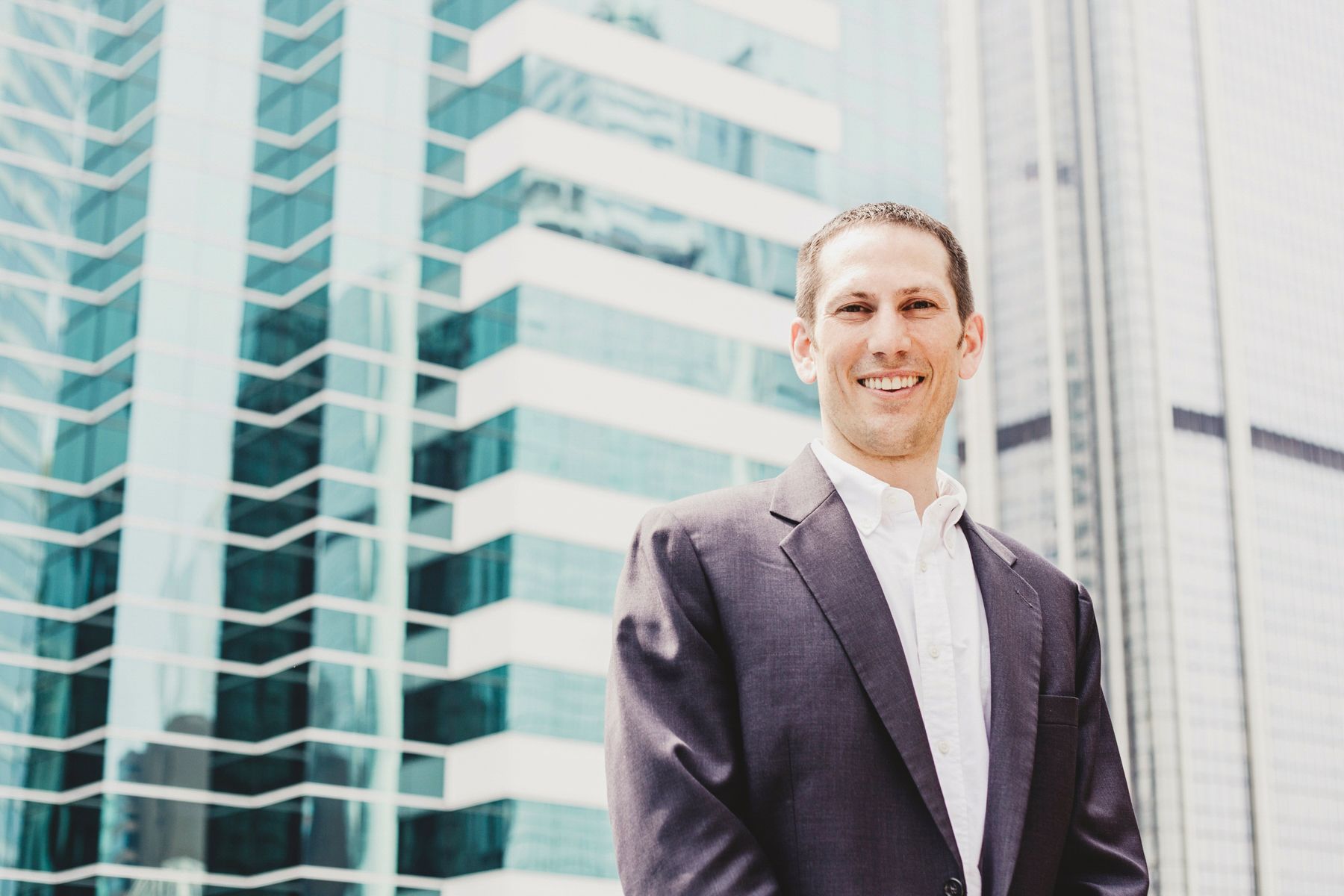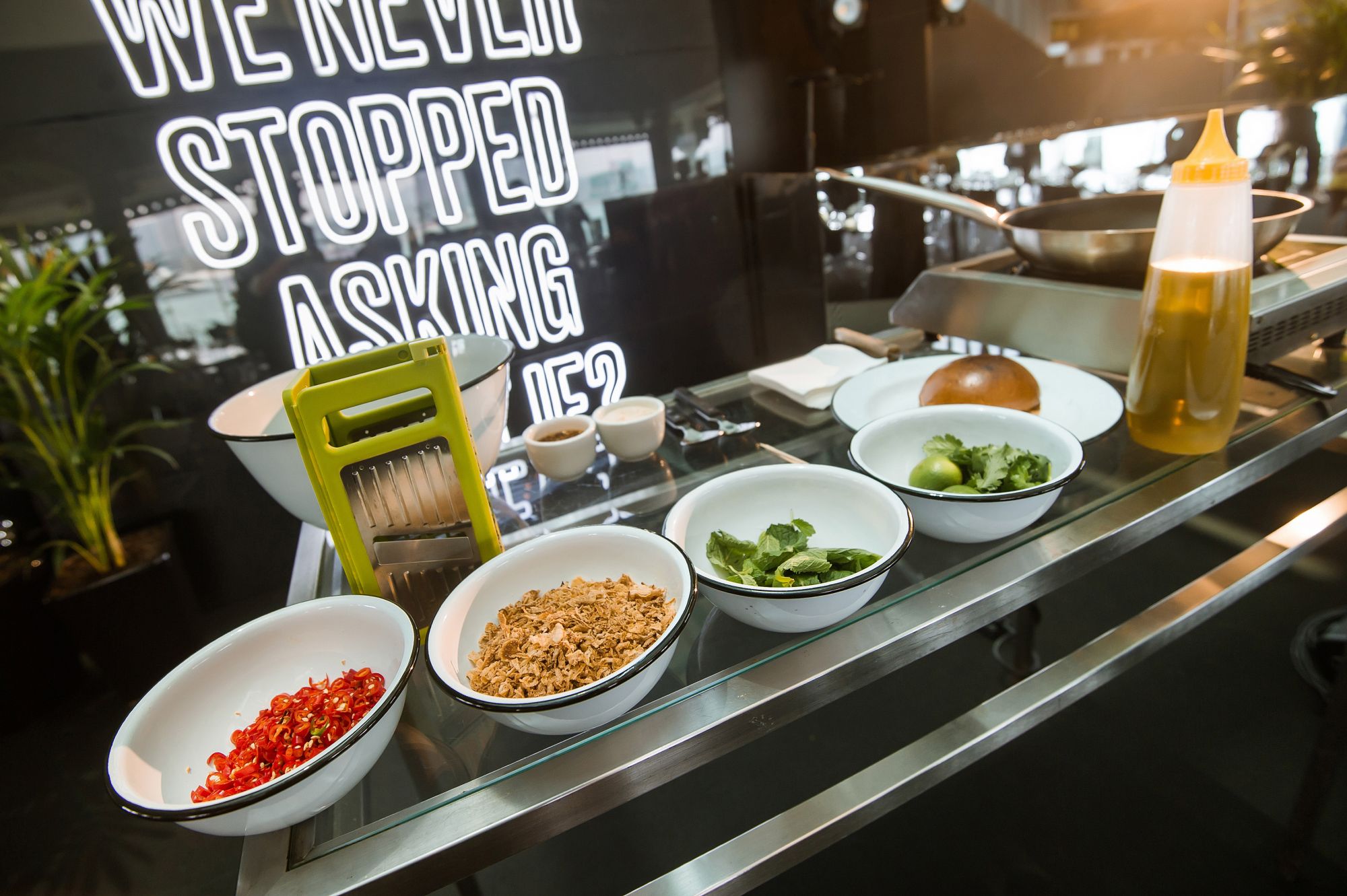The plant-based food manufacturer from California has big plans for Asia
While meat substitutes are not a completely new idea, there are only a few plant-based food producers that manufacture "meat" that sizzles and tastes like the real thing. The launch of Impossible Foods in Hong Kong is game-changing; not only does it offer an alternative for vegans and vegetarians, it could potentially revolutionise the city’s meat-heavy diet.
See also: First Bite: We Tried The Impossible Foods' Plant-Based Meat
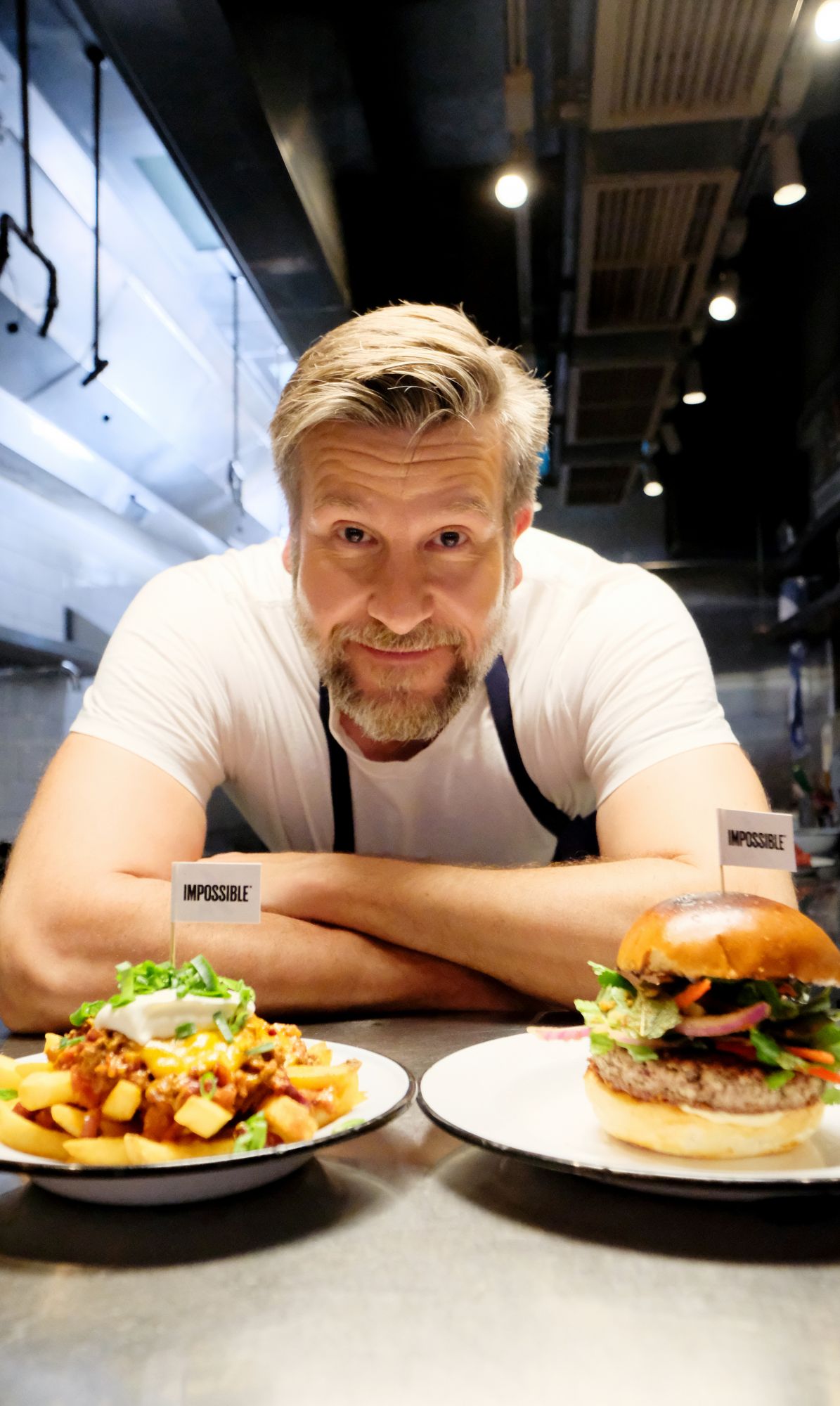
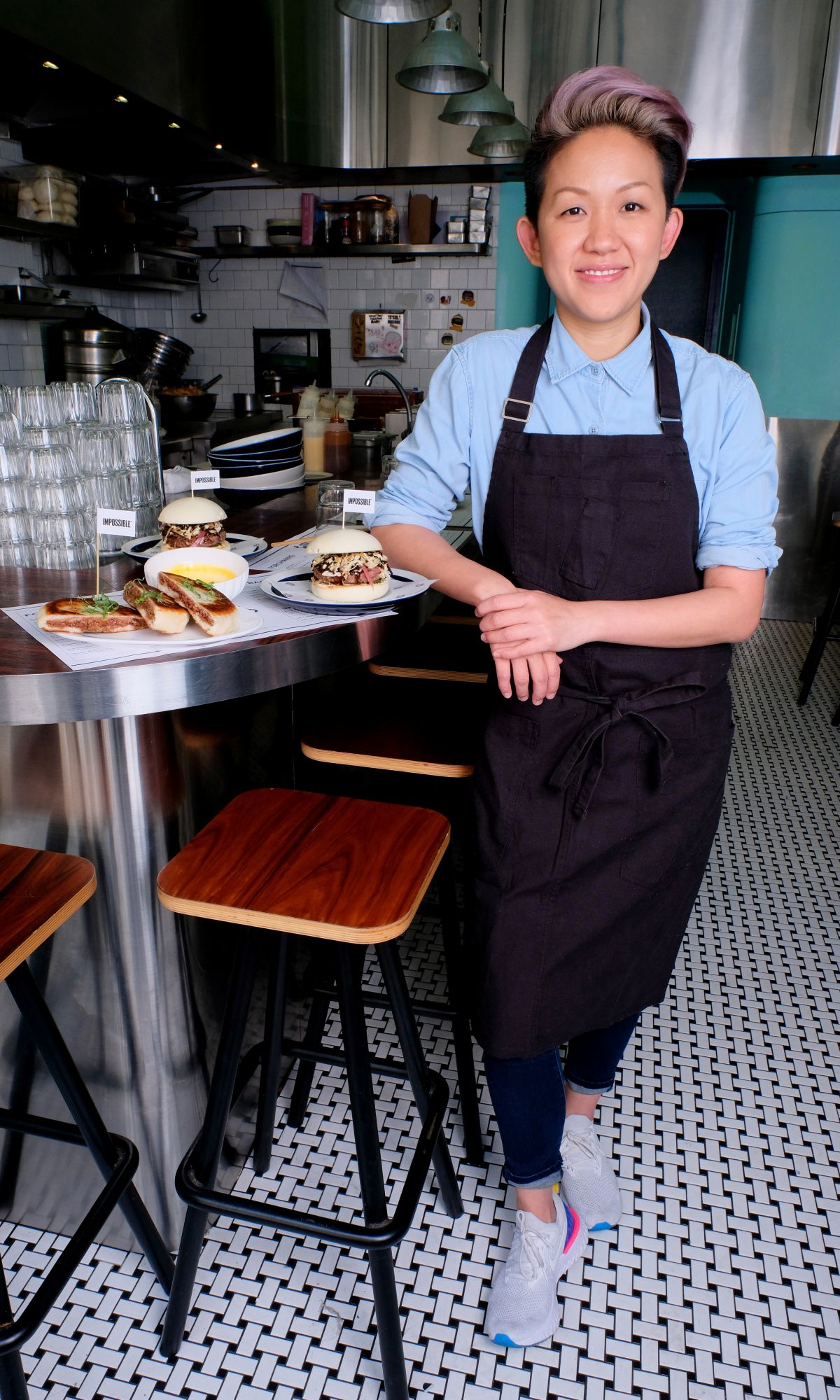
To mark its debut in Hong Kong, Impossible Foods collaborated with two of Hong Kong’s most influential chefs; May Chow and Uwe Opocensky.
“I have been intrigued by Impossible products because it sears and bleeds like real meat,” said May, chef and founder of Little Bao.“The Impossible Foods team offered me some samples to try and it was surreal. It cooked and seared perfectly and could be served to an exact doneness like beef.”
Uwe Opocensky, chef and founder of Beef & Liberty, also expressed his excitement, stating, "Impossible meat is a very versatile product. You can do the same recipes as you would with beef. I have tried so many different dishes already; ‘beef’ tartare, scotch eggs, sausages and more.”

